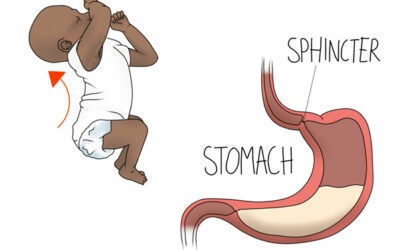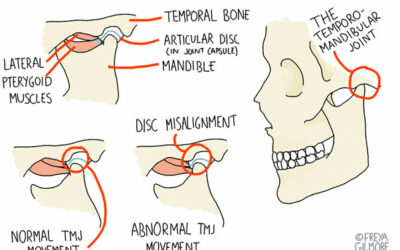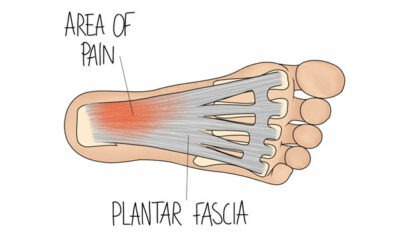 Recently in the practice we’ve been offering patients advice on digestion and promoting probiotic products that can help to encourage healthy gut bacteria. In this week’s blog post, our nutritional therapist Catherine Barker explains how our gut health can affect all aspects of our physical wellbeing, and offers tips on improving our digestion.
Recently in the practice we’ve been offering patients advice on digestion and promoting probiotic products that can help to encourage healthy gut bacteria. In this week’s blog post, our nutritional therapist Catherine Barker explains how our gut health can affect all aspects of our physical wellbeing, and offers tips on improving our digestion.
As a practitioner, gut health plays a very important part in my case taking as not only is faulty digestion directly responsible for a large number of digestive disorders, it can also be indirectly responsible for a vast array of seemingly unrelated illnesses.
It is very important to get on top of any digestive symptoms as imbalances here have the potential to affect the whole body. The mucosal lining of the gut is not only for the absorption of nutrients but is also important for the immune system, serving as the first line of defence against pathogens. It also shows the body how to deal with food antigens which may cause allergies and sensitivities.
It is my experience that patients with digestive problems fall into three categories:
- Poor digestion – inflammation, intoxication, lack of enzymes, lack of stomach acid, lack of good bacteria
- Poor absorption – leaky gut, allergies, intolerances
- Poor elimination – clogged up colon and liver detoxification problems.
I see a wide range of patients. With over 20 years’ experience in clinical practice, both in the private sector and the NHS, I have helped people of all ages with both acute and chronic conditions by looking closely at their nutritional health.
Catherine has these daily digestion tips for us all:
- Increase your intake of fibre-rich foods in the form of vegetables, beans, lentils and a moderate helping of grains.
- Eat fruit separately from other foods as it gets digested quickly. If you do eat it with other food (like protein), this can slow down the digestion of the fruit, and some research has shown the fruit may then start to ferment which in some cases causes gas and bloating.
- Don’t eat on the move. Sit and eat in a relaxed atmosphere.
- Don’t eat when you are stressed or upset as this will affect your production of digestive enzymes. Wait until you feel recovered.
- Allow time to chew each mouthful thoroughly.
- Regular exercise and drinking water helps to keep bowel movements healthy – especially important for anyone who is prone to constipation or dry stools.
- Don’t over-drink during meals as this can dilute gastric juices. Drink separately from eating.
Catherine offers clinics at the Good Health Centre on Tuesdays and Wednesdays. To make an appointment to see her, call the practice on 0113 237 1173 or click here to request a callback.



0 Comments